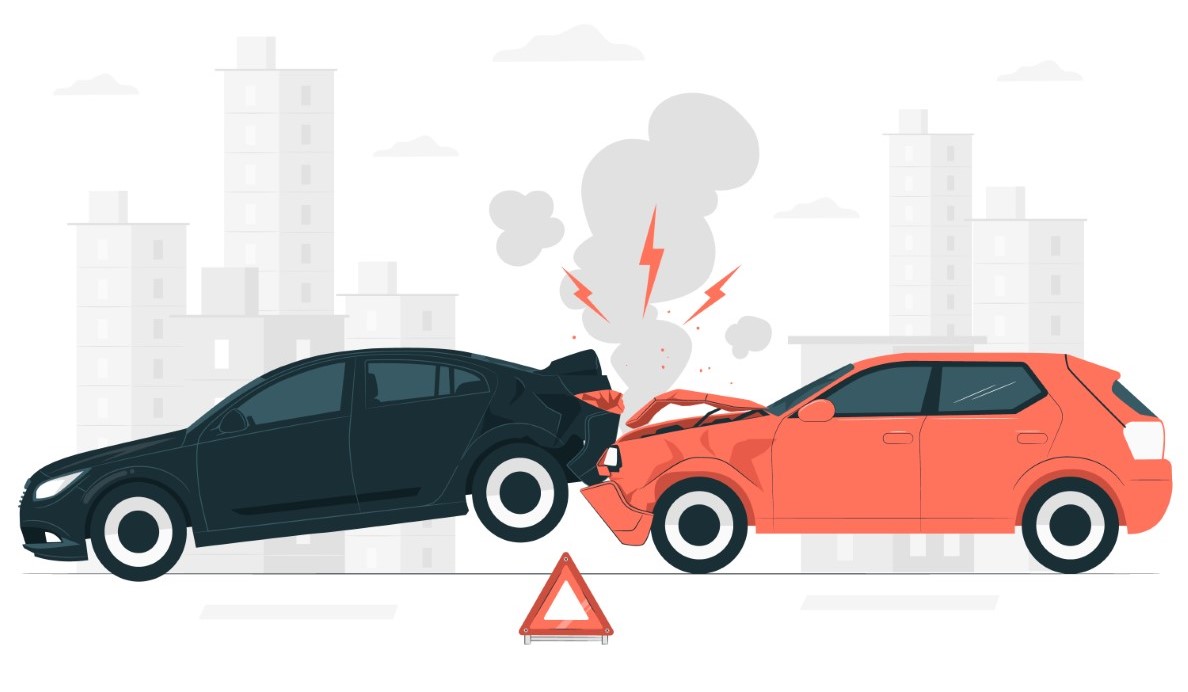
Expressing Quantity:
When sharing personal experiences, it is important to convey the quantity or amount of something accurately. Here are some key phrases and expressions to use:
A lot of/Many:
| 🔊 | I have met many interesting people during my travels. |
Few:
| 🔊 | There were only a few tickets left for the concert. |
Several:
| 🔊 | I have tried several times to learn how to play the guitar. |
Plenty of:
| 🔊 | We had plenty of time to explore the city. |
Not many:
| 🔊 | There were not many participants in the workshop. |
Expressing Frequency:
When discussing personal experiences, it is useful to describe how often or frequently something happens. Here are some common frequency adverbs:
Always:
| 🔊 | I always enjoy spending time with my family. |
Usually:
| 🔊 | I usually go for a run in the morning. |
Often:
| 🔊 | I often meet my friends for dinner on weekends. |
Sometimes:
| 🔊 | Sometimes, I like to try new hobbies. |
Rarely:
| 🔊 | I rarely go to the movies these days. |
Present Perfect Tense:
The present perfect tense is often used when sharing personal experiences because it connects the past to the present. It indicates that an action or event happened at an indefinite time before now.
Here's the structure of the present perfect tense:
Subject + have/has + past participle
Example:
| 🔊 | I have visited Paris twice. |
Quantifiers of Expressions:
Quantifiers help us provide more specific information about the quantity of something.
Here are some common quantifiers to use:
All:
| 🔊 | All of my friends attended the party. |
Most:
| 🔊 | Most people enjoy traveling. |
Some:
| 🔊 | Some of the students passed the exam. |
None:
| 🔊 | None of the cookies were left. |
Any:
| 🔊 | Did you have any trouble finding the place? |
Adverbs with Consonant Sounds:
Using adverbs that start with consonant sounds can add variety and richness to your language. Here are a few examples:
Clearly:
| 🔊 | He spoke clearly, and everyone understood him. |
Quickly:
| 🔊 | The bus arrived quickly, so I didn't have to wait long. |
Slowly:
🔊 | She walked slowly through the garden, enjoying the scenery. |
Loudly:
| 🔊 | The music played loudly at the concert. |
Softly:
| 🔊 | She whispered softly in my ear. |